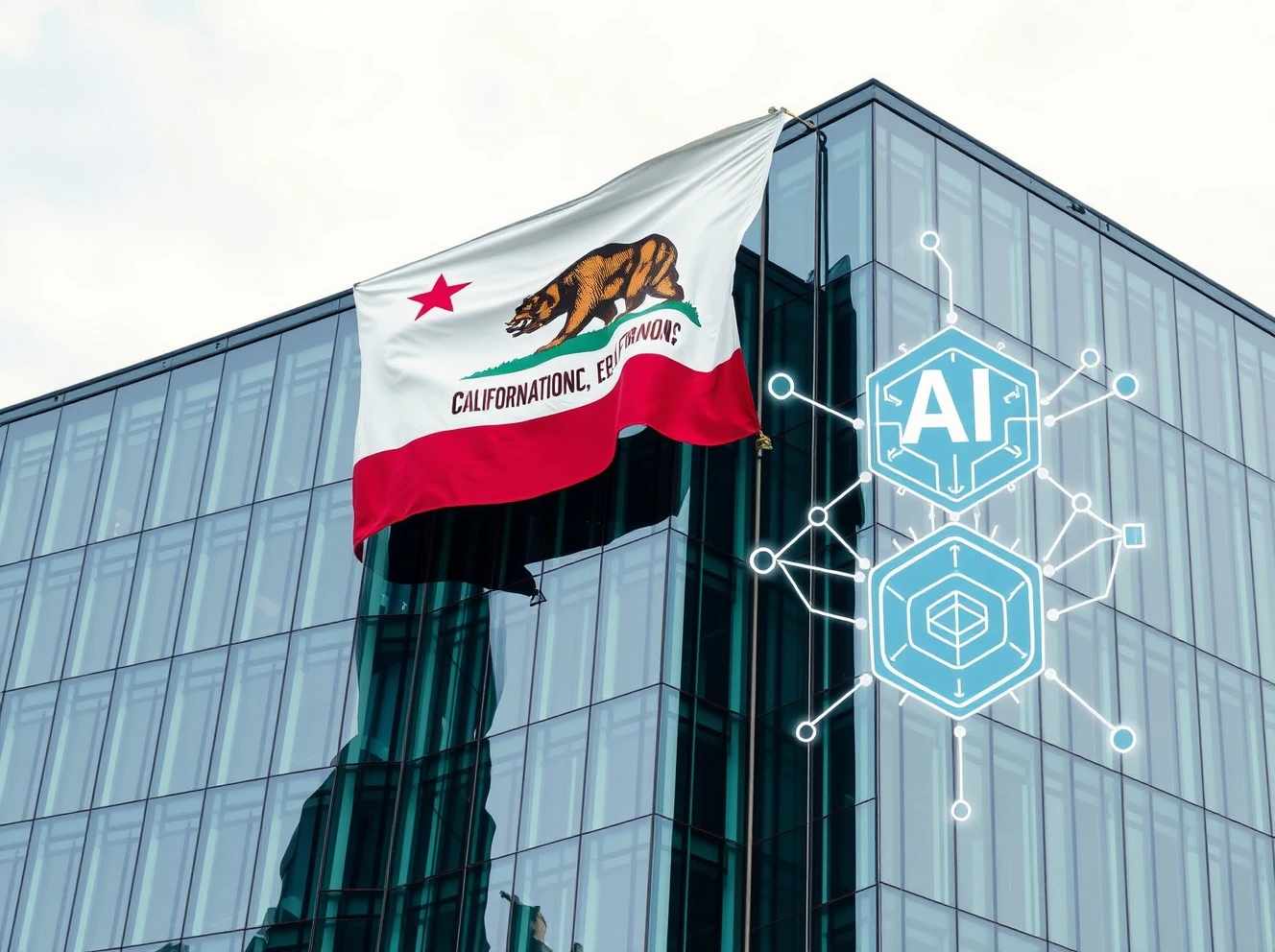OpenAI faces mounting regulatory pressure in California that threatens its crucial $19 billion restructuring plan, yet the company firmly denies considering a dramatic exit from the state despite growing political opposition.
OpenAI’s California Exit Denial Amid Regulatory Scrutiny
OpenAI executives strongly refute reports suggesting a potential California exit. The company maintains its commitment to the state despite increasing regulatory challenges. According to Wall Street Journal sources, internal discussions about relocation occurred. However, OpenAI officially states it has no plans to leave California. This denial comes amid significant pressure from state authorities.
Regulatory Pressure Intensifies Over Restructuring
California’s attorney general launched an investigation into OpenAI’s restructuring plans. The probe examines whether the conversion violates state charitable trust laws. Meanwhile, a diverse coalition opposes the restructuring effort. This coalition includes:
- Nonprofit organizations concerned about mission drift
- Labor groups watching employment implications
- Philanthropic entities monitoring charitable status changes
- Competitor Meta joining the opposition unexpectedly
Financial Stakes and Potential Consequences
The $19 billion restructuring represents a critical financial juncture for OpenAI. Investors committed funds contingent on successful conversion completion. Should the restructuring fail, investors might withdraw support entirely. This scenario could prove catastrophic for the ChatGPT developer. Consequently, the company faces immense pressure to resolve regulatory issues promptly.
Leadership Ties and Logistical Challenges
CEO Sam Altman maintains deep connections to the Bay Area community. He served on San Francisco Mayor Daniel Lurie’s transition team recently. Altman reportedly owns multiple properties throughout the region. These include at least four San Francisco homes and a Napa Valley residence. Additionally, OpenAI’s AI research talent concentrates heavily in San Francisco. Relocating would present substantial operational difficulties. The company would face significant talent retention challenges during any move.
Current Status and Ongoing Negotiations
OpenAI continues working with both California and Delaware attorneys general. These discussions focus on resolving restructuring legal complexities. The regulatory pressure compounds existing company challenges. These include intense competition in the AI talent market. Meanwhile, the company must maintain operational stability throughout this process.
Industry Implications and Broader Impact
The OpenAI situation highlights broader regulatory trends affecting tech companies. California’s approach to nonprofit conversions sets important precedents. Other AI companies watch these developments closely. The outcome could influence future tech industry regulations significantly. Moreover, it might affect how states balance innovation with regulatory oversight.
FAQs: OpenAI California Exit Situation
Why is California investigating OpenAI’s restructuring?
California’s attorney general examines whether the conversion from nonprofit to for-profit status violates state charitable trust laws that govern how nonprofit assets can be used.
What would happen if OpenAI’s restructuring fails?
The company could lose access to $19 billion in committed funding, potentially causing catastrophic financial consequences and threatening its operational stability.
How likely is an actual OpenAI California exit?
Despite internal discussions, the company denies exit plans due to deep local ties, concentrated talent, and significant logistical challenges involved in relocation.
Who opposes OpenAI’s restructuring besides regulators?
A coalition including nonprofits, labor groups, philanthropies, and surprisingly, competitor Meta have expressed opposition to the conversion plans.
What are Sam Altman’s connections to California?
Altman has deep Bay Area ties, including service on San Francisco’s mayoral transition team and ownership of multiple California properties.
How does this affect OpenAI’s competitive position?
The regulatory distraction comes during an intense AI talent war, potentially hampering recruitment and retention efforts while competitors advance.








